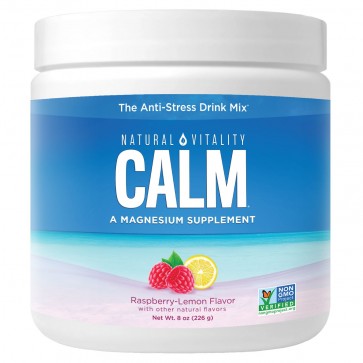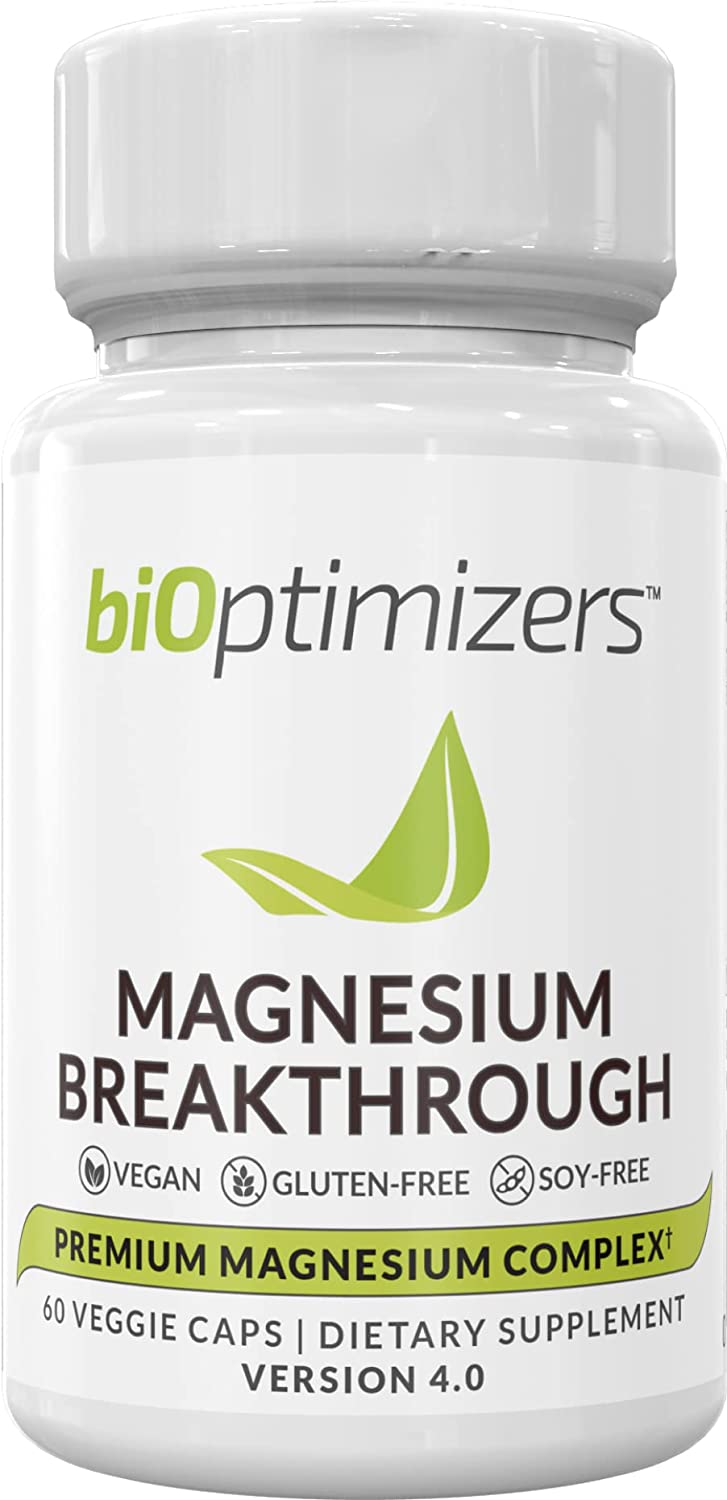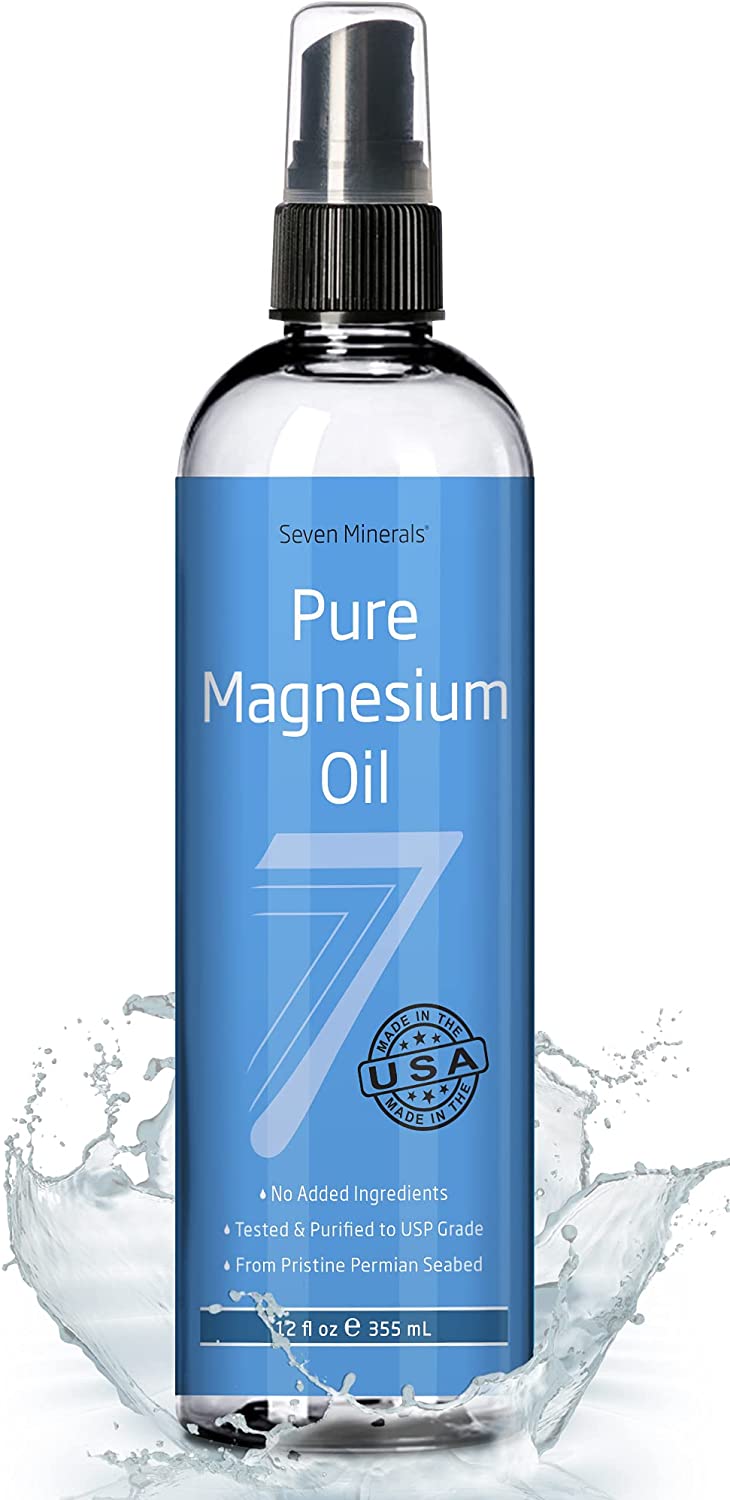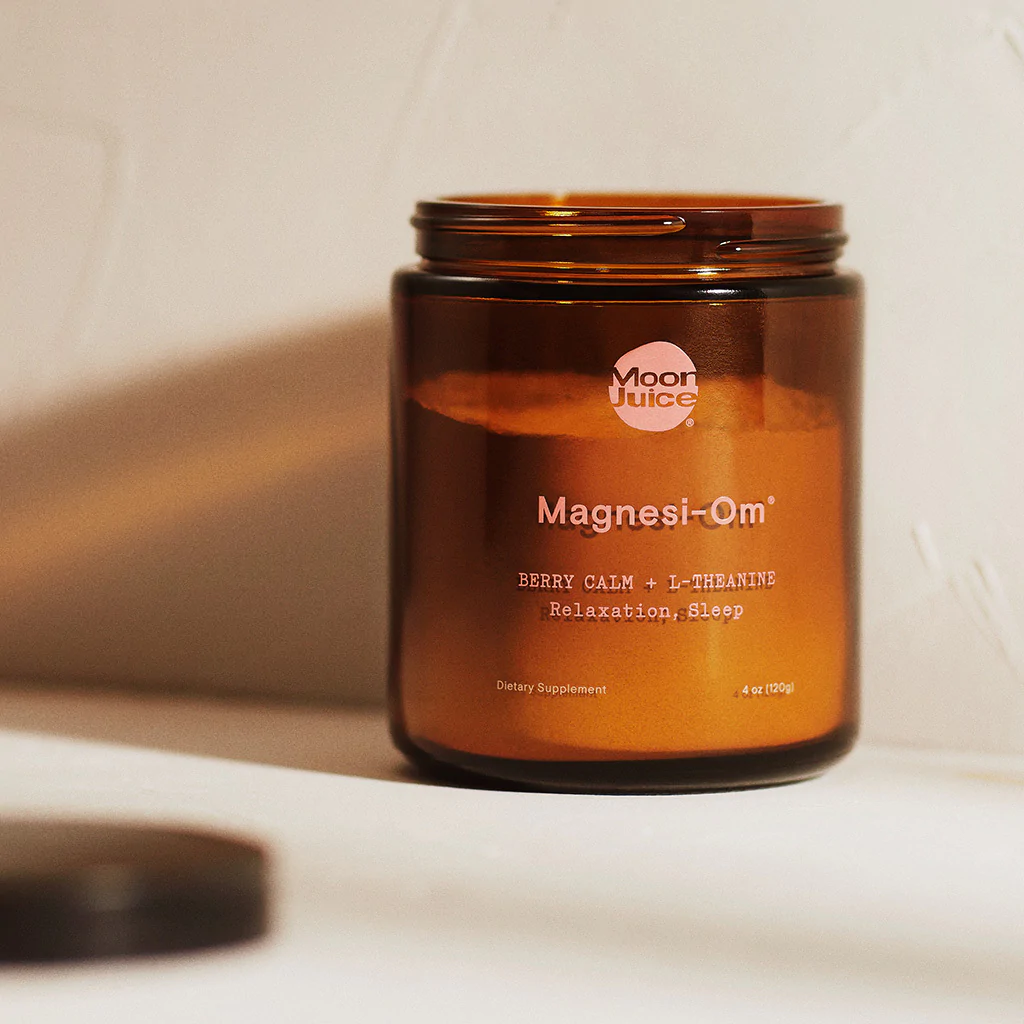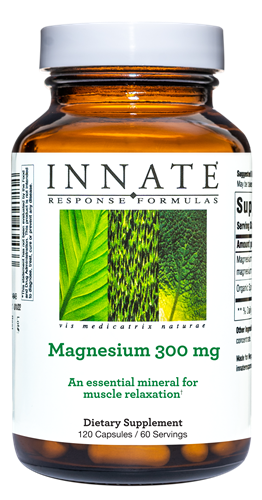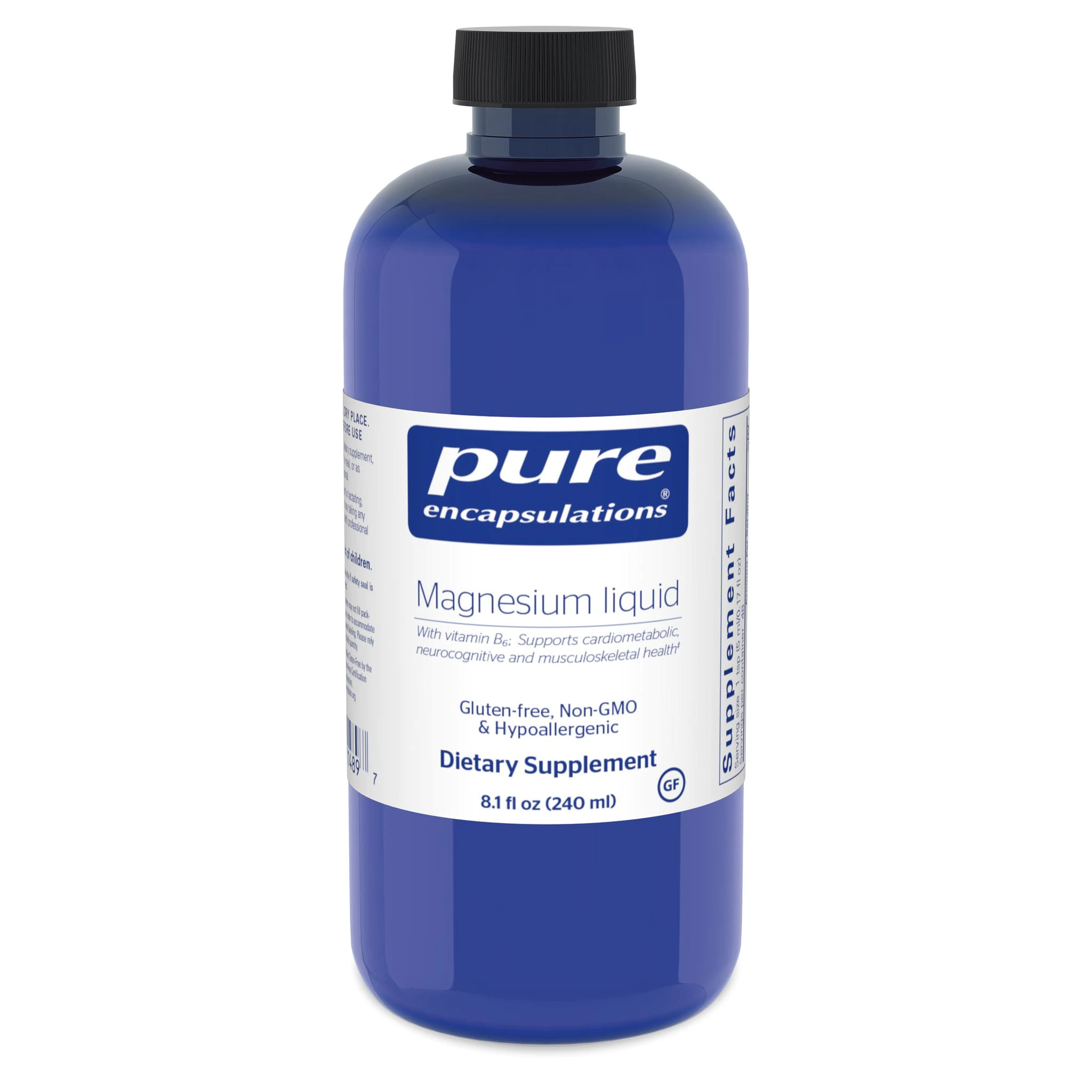Say hello to your new mineral bff, magnesium. Magnesium is the seventh most abundant element in the Earth’s crust. Yet, the British Medical Journal (BMJ) estimates that “over 80% of Americans consume less than the requirement.” And when it comes to our health, many women aren’t meeting their recommended amount of magnesium through food alone. The result? Given that the magnesium benefits for women include everything from muscle and nerve function to energy production and digestion, missing out on this key mineral is less than ideal.
As health and wellness continue to gain traction in our world, magnesium has become a major talking point in the women’s health conversation. Magnesium is required for the functioning of over 300 essential metabolic reactions. Despite this, it remains one of the most ignored causes of various ailments. Many nutritionists and health experts alike are beginning to pay more attention to this mighty mineral. Why? Because it may be a key way to prevent symptoms of certain conditions that can negatively effect women.
To get the scoop on this supplement, we looked to two certified nutritionists with heaps of knowledge on the ins and outs of magnesium. Nutrition consultant Edie Horstman and board-certified nutritionist Mia Rigden both provide useful insight on how to up your magnesium intake and the many ways that doing so can improve your life.
Featured Image by Michelle Nash.

Magnesium Benefits for Women
Magnesium is a diverse element that has shown positive effects in women who consume the proper amount. In the form of a supplement, magnesium can be taken OTC to boost many areas of health and wellness. Some of the most tricky, yet important areas of women’s health that magnesium can help are balancing hormones, sleep, mood, digestion, and PMS symptoms.
Magnesium can also be found in many everyday foods. If you (like most people) find that you need a boost, read on for the different ways magnesium can be a game changer for women.
As always, be sure to consult with your primary care physician before changing up your supplements. You can overdo it with magnesium. Read here and here for more info on how to keep your minerals balanced.
Hormones
Magnesium helps make the hormones progesterone, estrogen, and testosterone, says Horstman. She also notes that magnesium balances blood sugar, which is key for healthy hormones. (Psst… because balancing blood sugar is such a key part of achieving optimal health, we did a deep dive into the topic. Get everything you need to know here—plus a meal plan to get you started.)
Sleep
Speaking of sleep, if your anxious thoughts are keeping you up at night, magnesium can help with that, too. Magnesium naturally supports muscle relaxation while also calming the mind. Rigden, says that although it has numerous benefits, magnesium is primarily known for helping us relax. If your muscles are tense, your digestion is not moving, or your thoughts are overwhelming, magnesium could bring relief.
Mood Booster
Magnesium plays a huge role in your brain function and mood and has long been used to treat depression. A higher magnesium intake is linked to decreased symptoms of depression and improved mental health. It also helps support adrenal health, lowering your risk of burnout. Horstman also says that in terms of mood, magnesium is known as the original “chill pill”—it can reduce adrenaline and cortisol. As a calming hormone, magnesium helps to reduce over-reactivity in your Hypothalamus (part of the brain that keeps us balanced / in homeostasis), helping to regulate our stress response.
Digestion Aid
Struggling to be *ahem* regular? Magnesium can also be used to help promote regular bowel movements. It acts as a laxative, drawing water into your intestines and stimulating the movement of food through your digestive tract. My favorite magnesium supplement for digestion is Natural Calm.
PMS Relief
There’s a good reason you crave chocolate when you’re on your period. High in magnesium, chocolate is your body asking for a boost in balancing your mood, supporting restful sleep, and reducing aches and pain. Studies have shown that increasing magnesium intake a week before your period can drastically reduce PMS symptoms. And I can attest to that! Magnesium is one of my favorite natural ways to keep cramps at bay.

Magnesium Food Sources
Magnesium is known as the “invisible deficiency” and the “shortfall nutrient, says Horstman. Rigden also says that magnesium can be found in the foods we consume daily, but levels have decreased as a result of modern farming practices, an overall decline in soil health, and processed food intake. This makes it hard to completely meet the recommended intake through food alone. Horstman notes that the best way to maintain healthy magnesium levels is through food AND supplements, especially high-fiber foods like dark leafy greens, unrefined grains, and beans.
- Spinach
- Bananas
- Pumpkin Seeds
- Black Beans
- Seaweed
- Almonds
- Cashews
- Avocado
- Legumes
- Whole Grains
- Dark Chocolate

The Best Magnesium Supplements for Women
To seek out the best supplements, our nutritionists shared with us some of their favorites to keep your intake on par. Horstman says in terms of RDA of magnesium, females over 31 need 320 mg/day. Pregnant and breastfeeding women require more magnesium. Scroll through their recommended supplements and connect with your doctor to discuss which option might be right for you.
Cymbiotika Magnesium L-Threonate
BiOptimizers Magnesium Breakthrough Supplement 4.0
Innate Response Formula Magnesium 300
Pure Encapsulations Magnesium Liquid
Every product is curated with care by our editors. If you buy something through our links, we may earn a small commission at no cost to you.



